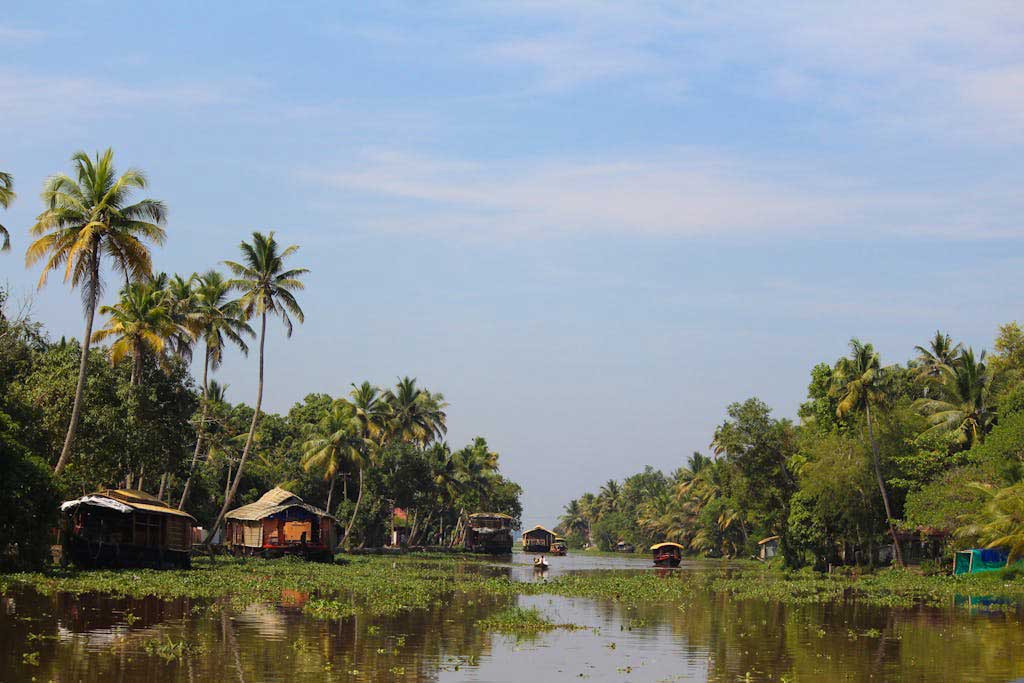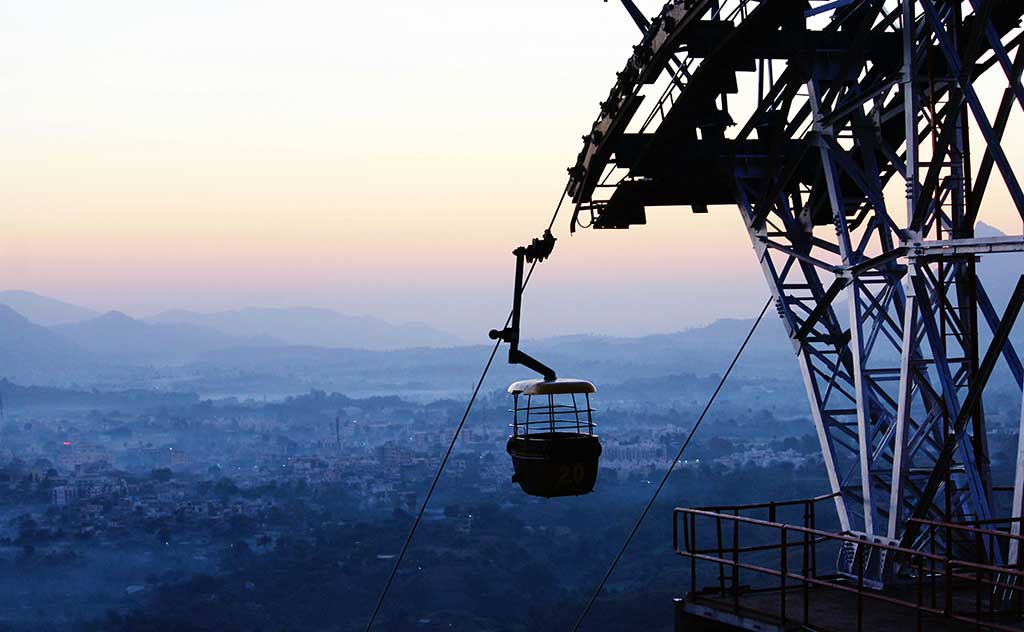In April 2025, a tragic terrorist attack in Pahalgam, Jammu and Kashmir, claimed the lives of 26 tourists, marking one of the deadliest assaults on Indian civilians in recent history. The attack, attributed to Pakistan-based militants, escalated tensions between India and Pakistan, leading to military confrontations and a temporary suspension of civilian flights in India. While a ceasefire was brokered within days, the incident has had lasting repercussions on India’s outbound tourism, influencing traveler preferences and reshaping the dynamics of international travel from the country.
The Conflict and Immediate Aftermath
The Pahalgam attack on April 22, 2025, targeted a group of tourists, resulting in 26 fatalities and numerous injuries. India responded with military operations against terrorist camps in Pakistan-occupied Kashmir (PoK), leading to retaliatory actions from Pakistan. The escalating conflict prompted the suspension of flights and heightened security measures across northern India. Within two days, diplomatic interventions, including communications between the Directors General of Military Operations (DGMOs) of both countries, led to a ceasefire agreement, allowing for the gradual resumption of normal activities, including air travel.
Resumption of Air Travel and Tourism Activities

Following the ceasefire, India reopened 32 airports that had been closed due to the conflict, signaling a return to normalcy in air travel. Airlines like IndiGo announced the resumption of flight operations on routes that were temporarily suspended, providing relief to travelers and the tourism industry. However, the conflict’s impact on traveler sentiment, especially concerning destinations perceived as unsupportive of India, has led to significant shifts in outbound tourism patterns.
Countries Like Turkey and Azerbaijan That Openly Supported Pakistan During This War Are Now Banned by the Indians

Turkey and Azerbaijan’s public support for Pakistan during the conflict has sparked a strong reaction among Indian travelers. Despite no official travel bans, there has been a substantial decline in bookings to these countries. Travel platforms like MakeMyTrip and EaseMyTrip reported a 60% drop in bookings and a 250% increase in cancellations for Turkey and Azerbaijan. Prominent figures, such as industrialist Harsh Goenka, have called for a tourism boycott, highlighting the significant economic contributions Indian tourists make to these nations.

The sentiment is echoed by travel companies, with some suspending bookings to Turkey and Azerbaijan altogether. This collective response underscores the influence of national sentiment on travel decisions, with patriotism driving many Indians to reconsider their travel plans to countries perceived as unsupportive during times of national crisis.
How Other Countries Will Benefit from This
The decline in travel to Turkey and Azerbaijan has opened opportunities for other destinations to attract Indian tourists. Countries like Oman, Nepal, Bhutan, Thailand, Bali (Indonesia), and Vietnam are poised to benefit from this shift. These destinations offer affordability, cultural richness and have maintained neutrality during the India-Pakistan conflict, making them attractive alternatives for Indian travelers.
Travel agencies have reported increased interest in these countries, with some experiencing a 30–40% rise in bookings compared to the previous year. The growing middle class in India, coupled with a desire for new experiences and destinations, is driving this trend. Moreover, the emphasis on wellness, cultural exploration, and adventure aligns well with what these countries offer, further enhancing their appeal to Indian tourists.
Also Read: Visa-Free Countries for Indian Travelers: Exploring Without Borders
Conclusion
The 2025 India-Pakistan conflict has had a profound impact on India’s outbound tourism, reshaping traveler preferences and highlighting the interplay between geopolitics and travel decisions. While the immediate disruptions have subsided with the resumption of flights and easing of tensions, the long-term effects are evident in the shifting patterns of Indian tourists. Destinations that align with India’s sentiments and offer enriching experiences stand to gain, while those perceived as unsupportive may see a decline in Indian visitors.
As the Indian travel market continues to evolve, understanding these dynamics is crucial for destinations aiming to attract Indian tourists. By offering culturally resonant experiences, maintaining diplomatic neutrality, and engaging with Indian travelers’ preferences, countries can position themselves favorably in this significant and growing market.





0 Comments